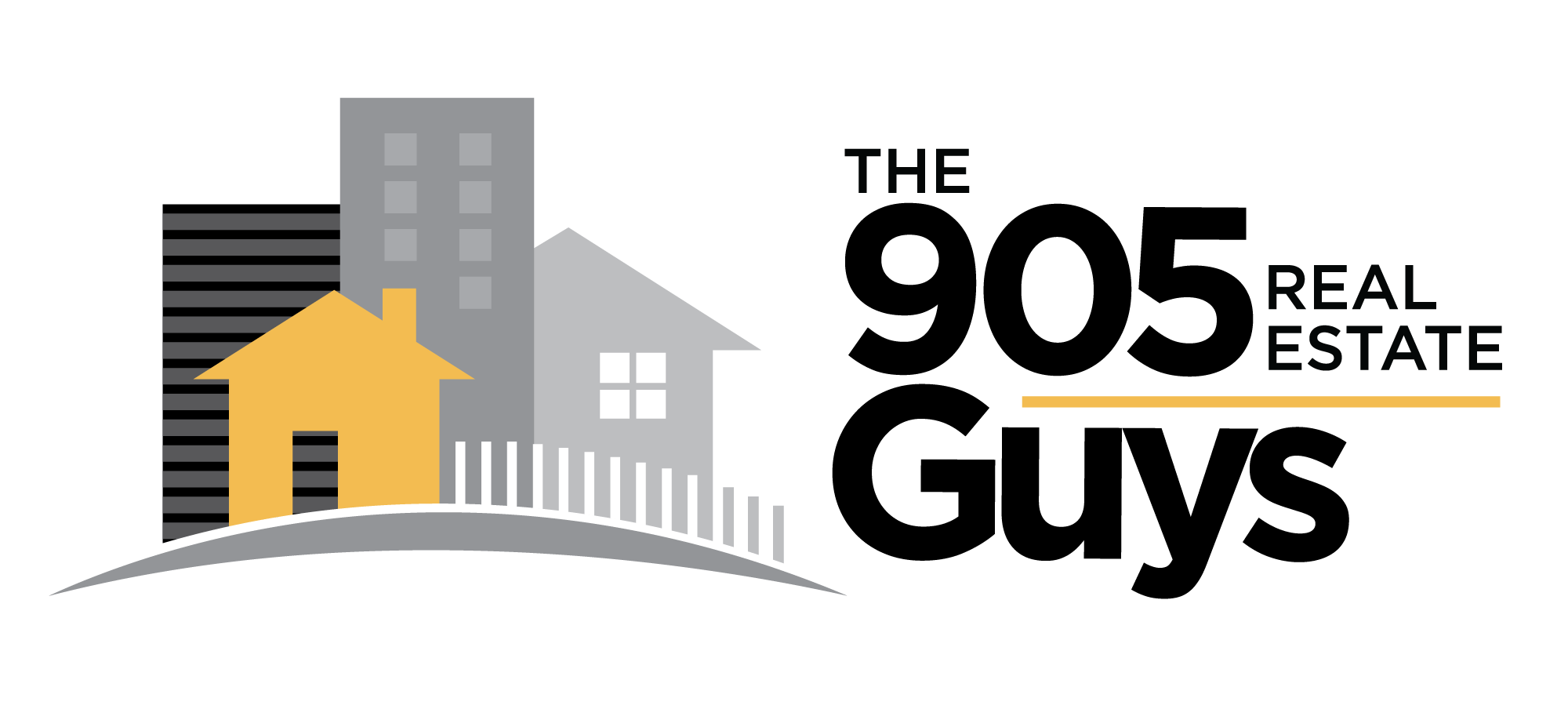Bargain basement borrowing costs are prompting many Canadians to opt for fixed mortgages even though variable products continue to be a money-winning option for the foreseeable future, industry observers say.
Canadian Imperial Bank of Commerce’s chief economist Benjamin Tal says variable rate mortgages should produce the greater benefit for the next two to 2.5 years, but be a wash over five years. “If you’re really risk-averse, jump on those fixed-term rates because they’re extremely cheap. Going variable will probably give you good performance for the next two years or so and beyond that, we might see interest rates rising.”
Homeowners with variable rates, especially those with discounts reaching 90 basis points, should ignore temptations to lock in now, says Vince Gaetano, vice-president of Monstermortgage.ca. The self-professed fan of variable mortgages said they give customers control, which is important in the current economic climate. Gaetano said homeowners should use this window of low rates to pay down their mortgages as quickly as possible. “The key is if you can pay your mortgage in half by the time your variable rate doubles your interest cost is going to be the same on your balance.”
He accused banks of scaring mortgage holders last fall to lock in their variable rates by suggesting rates will rise. The deteriorating economy has only caused rates to fall even further. “There are many consumers not happy with their banks right now for bad advice,” he said, noting that people who opt for variable mortgages have to be comfortable with fluctuations.
If rates haven’t reached a floor yet, they are probably close to it. There hasn’t yet been a flurry of people opt for fixed rates. The beauty of variable rates is that consumers can convert to a fixed rate without penalty.
Mortgage expert Moshe Milevsky of York University suspects many Canadians will opt for the security of fixed mortgages considering how low rates have dropped. And in markets where real estate prices are falling, seeking a long-term rate may be more important than the type of rate. “The last thing you want to do is have to renew your mortgage in a year from now and have the bank say: ‘Let’s assess what that house is really worth,’ ” he said in an interview.
Studies conducted by Milevsky have determined that variable rates have historically produced greater savings 88 per cent of the time. “But in today’s environment, you’d be hard-pressed to make a case to continue floating,” he said, advocating a blend between fixed and floating rates.
For more information on buying or selling real estate in Burlington or Oakville, Ontario, or if you have questions about current market trends, mortgages or interest rate information, please visit me again on my website www.seansells.ca or call me at 905-220-9198 and I’d be glad to answer any questions to accommodate all of your real estate needs.
Sean Kavanagh
